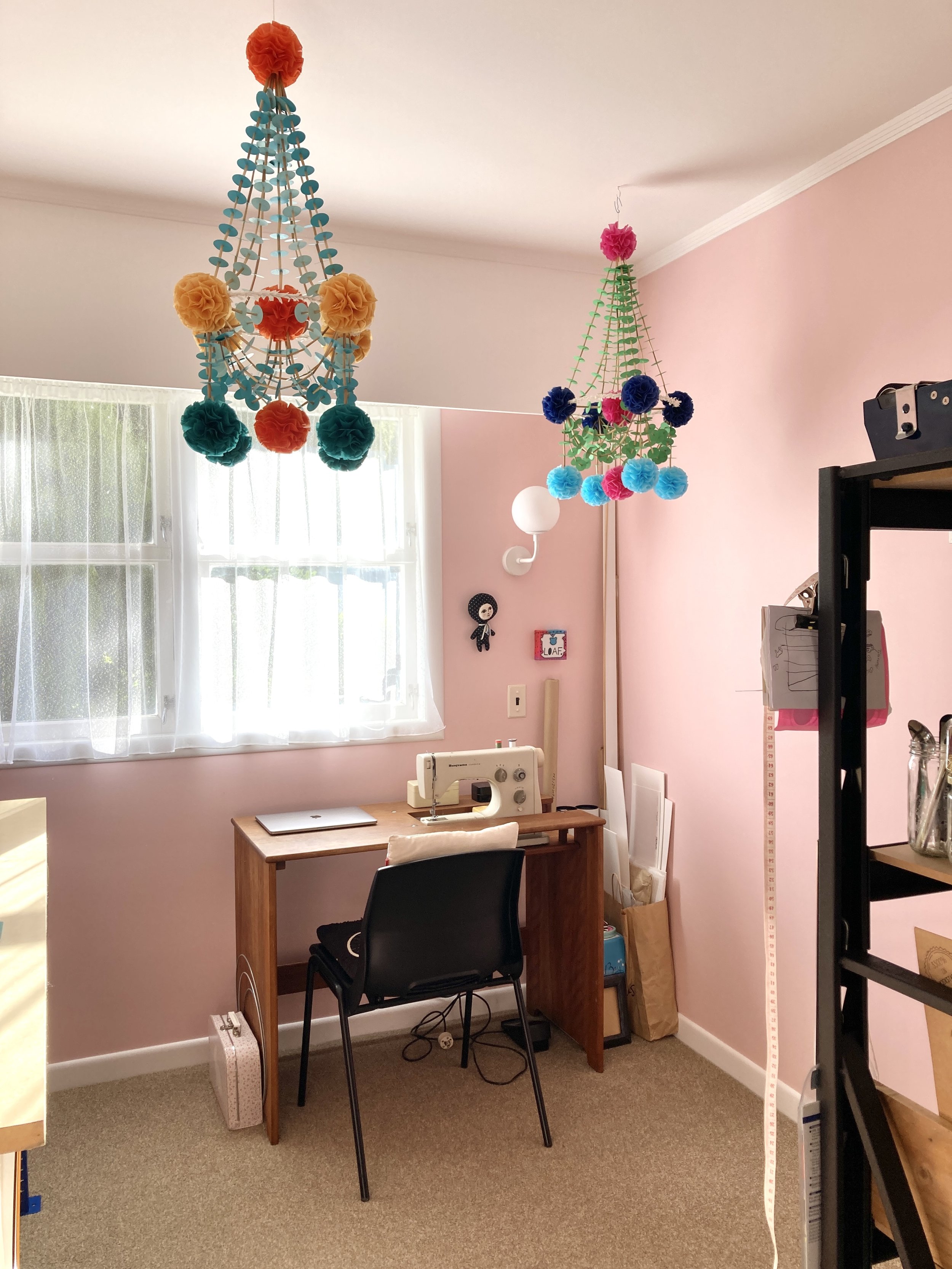Diderot's Dressing Gown and Finding My 'Enough'
New and pretty stuff is tempting. I’m not sure why. I don’t know if we’re born with an innate taste for beautiful things or if marketing has simply trained us to crave them. I remember my friend Niko saying once that people are into beautiful man-made things these days because we have been displaced from nature and the beauty that comes with it, so now we artificially seek beauty. Whatever the reason, new and pretty stuff is tempting.
Philosopher Denis Diderot wrote, in 1769, about this desire for beautiful man-made things in his hilarious essay (I find it hilarious) Regrets for my Old Dressing Gown, Or A Warning To Those Who Have More Taste Than Fortune–I mean, just the title is brilliant. In this essay, he relates the story of how being gifted a new and precious scarlet dressing gown led to a spiral of extravagant money spending. The new gown didn’t match his old straw chair so he swapped it for a fine leather one. Then the new leather chair didn’t match his old wooden table and it was replaced by a new writing desk. And so on until his debts piled up. This was his reaction when he realised what he had done:
“Oh holy prophet! Raise your hands to the heavens and pray for a friend in peril. Say to God: If you see in your eternal decrees that riches are corrupting the heart of Denis, don’t spare the masterpieces he idolizes. Destroy them and return him to his original poverty. And I, on my side, will say to the heavens: Oh God! I resign myself to the prayer of the holy prophet and to your will. I abandon everything to you. Take back everything, everything except the Vernet! It’s not the artist, it is you who made it. Respect your own work and that of friendship.”
Not the Vernet!–That part cracks me up. Like Diderot, I had a similar moment after finishing renovations on my Mahi Room (my workspace). For a moment I contemplated getting new curtains, a new fancy desk and a stylish set of shelves. Luckily, I remembered that unlike Diderot, I did not have a generous patron paying me a ‘forever salary’ so I could pursue my interests. Also, the thought of reducing my ‘sabbatical fund’–my savings to be clear–was enough to stop me on my feet. Wasn’t I all about ‘simple living’ anyway? That’s right. Sorry, minor slip. I have enough already.
All those so-called idle reflections on what 'enough' means to me—while lying on the couch—turned out to be useful after all. Maybe they weren’t so idle after all. They did spare me from any regrets and a massive pile of debts. But like I said, do keep an eye out because new and pretty stuff is tempting.









